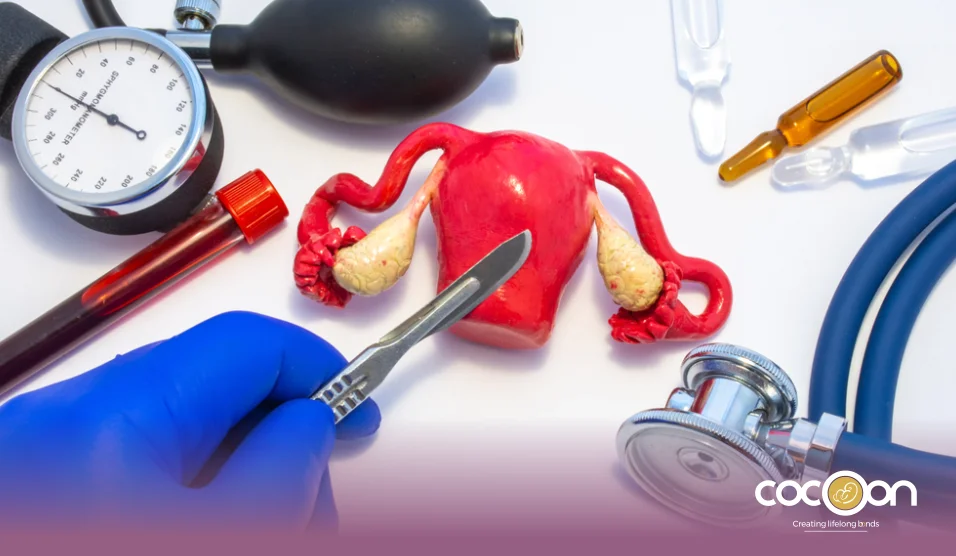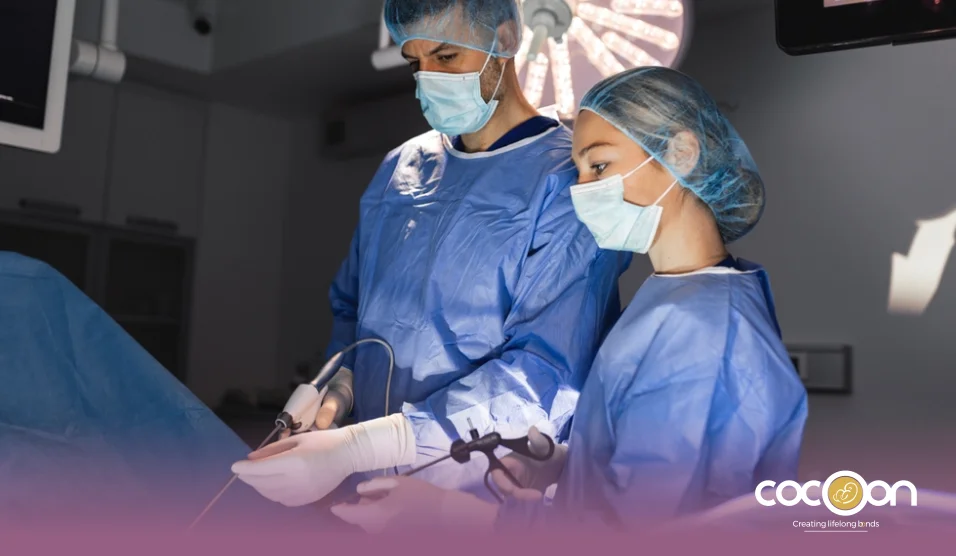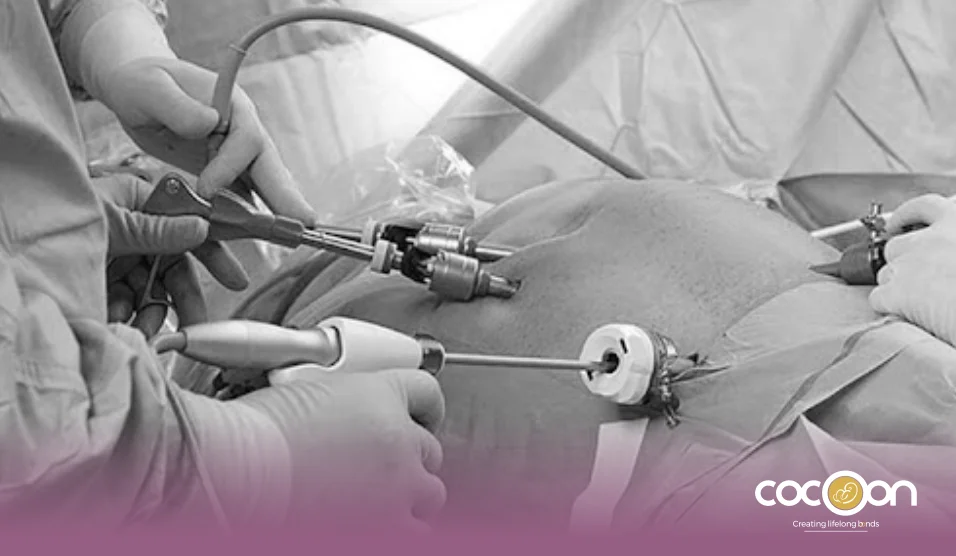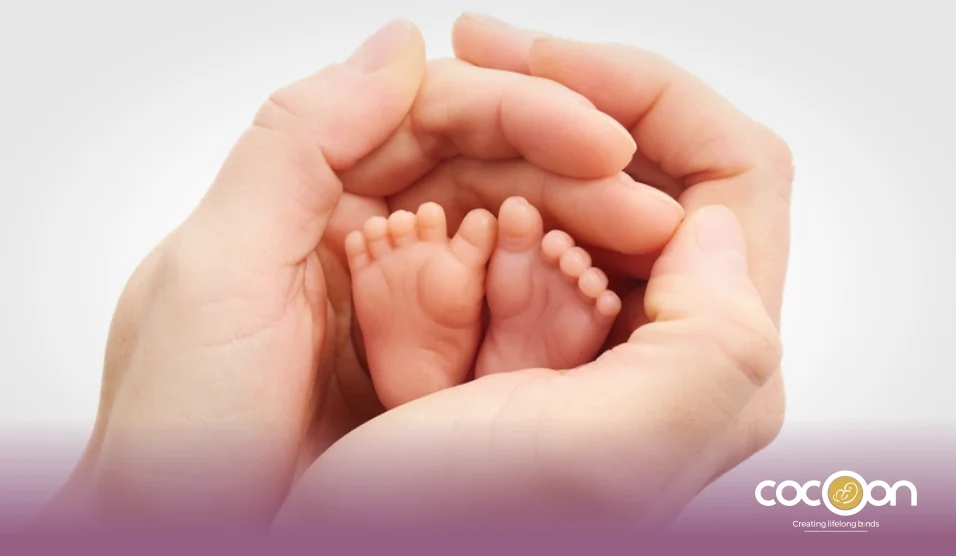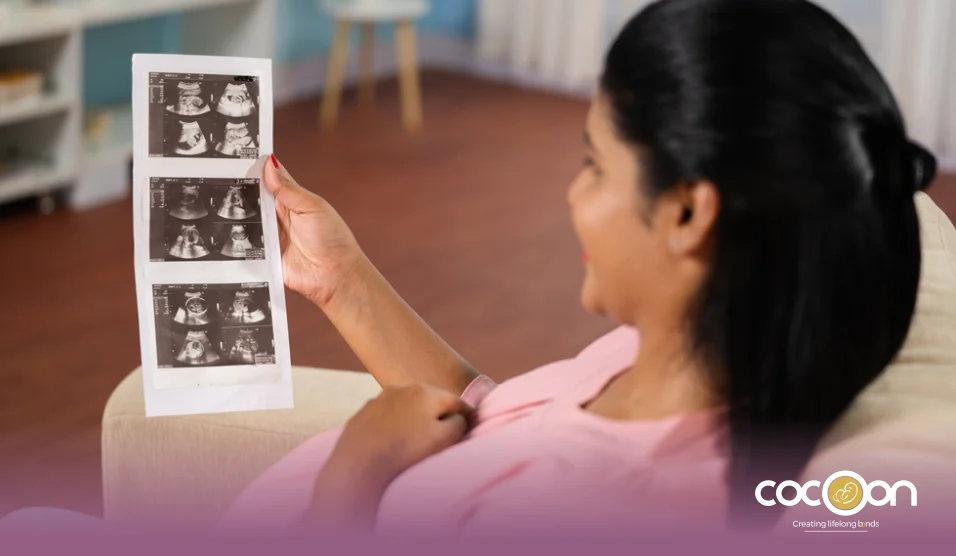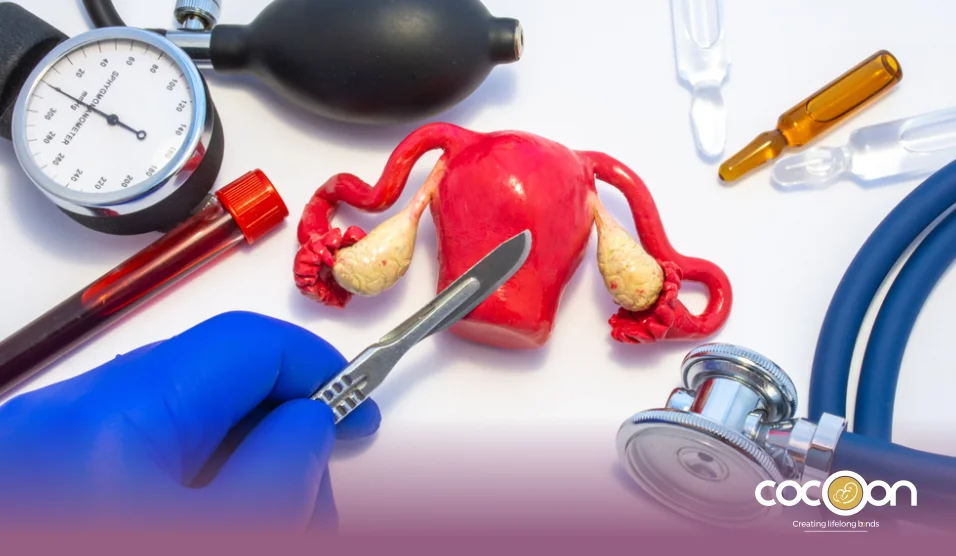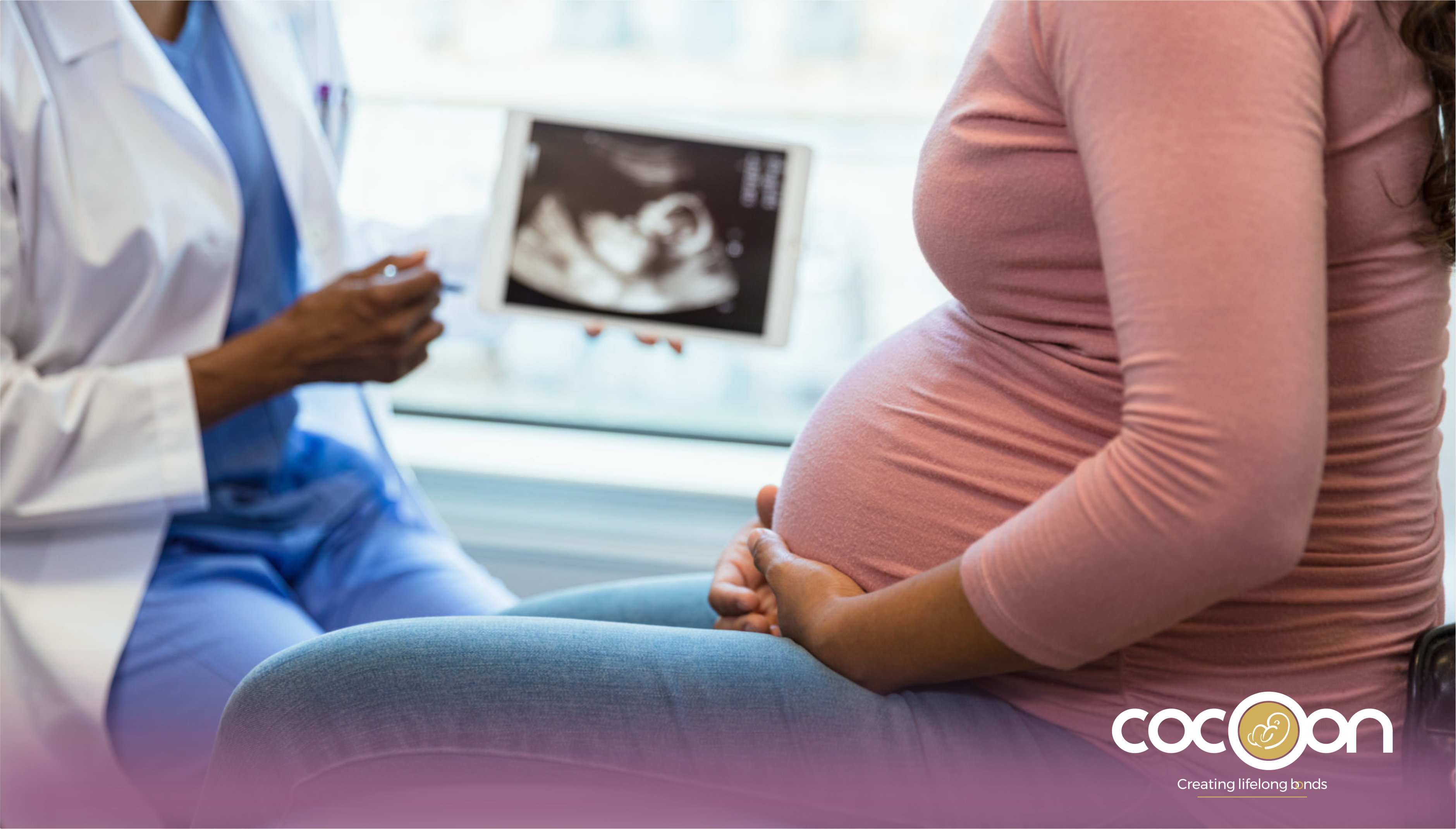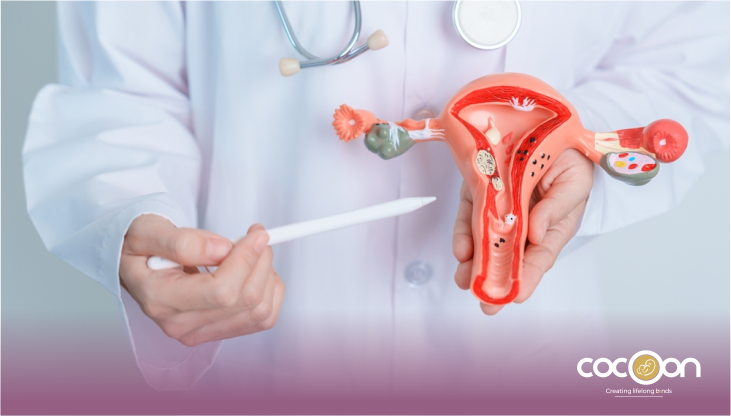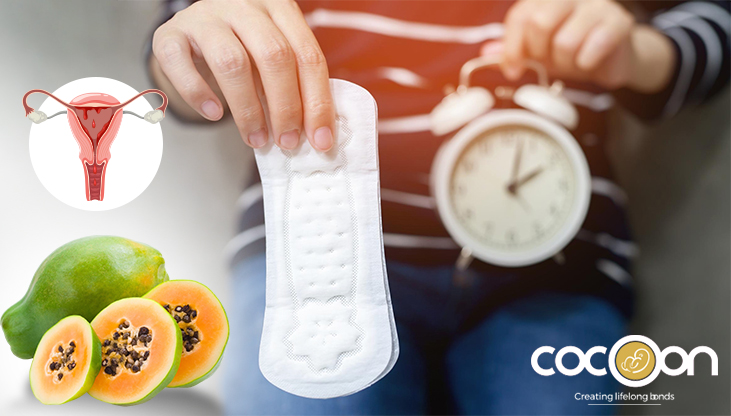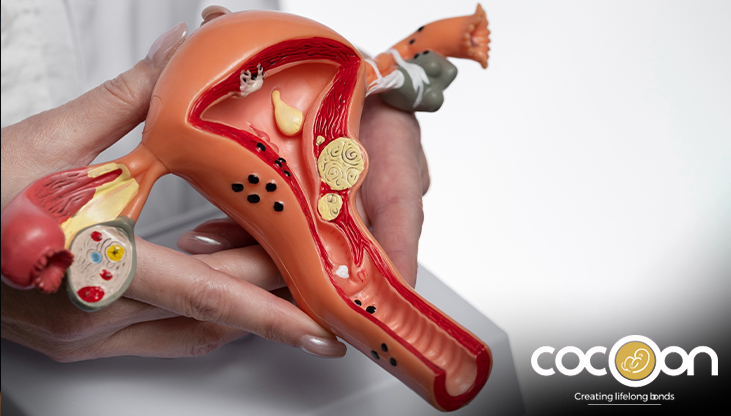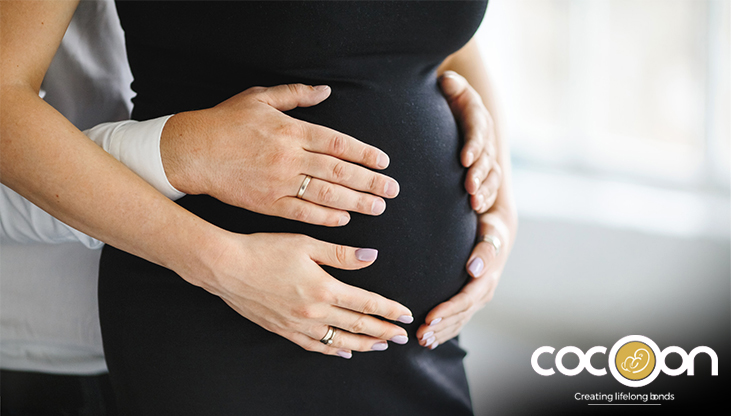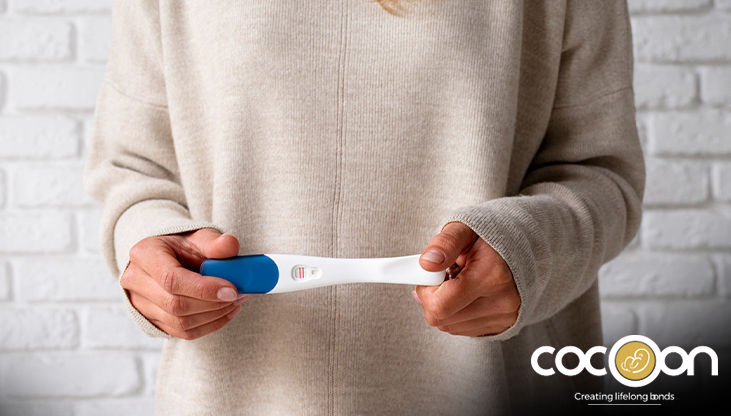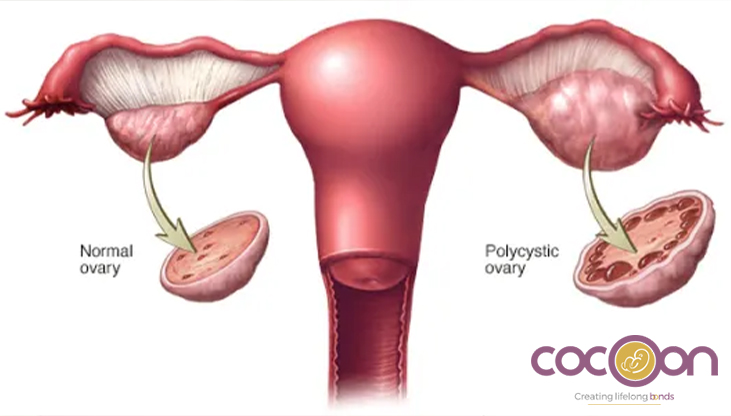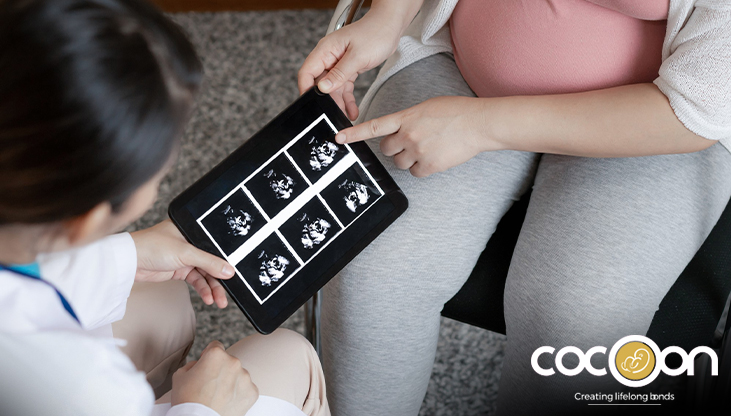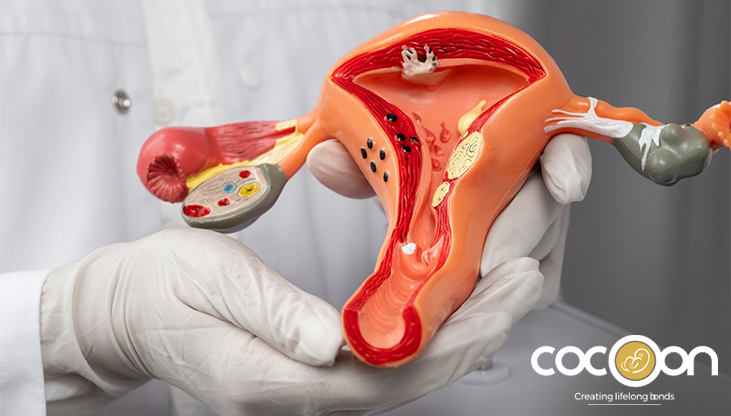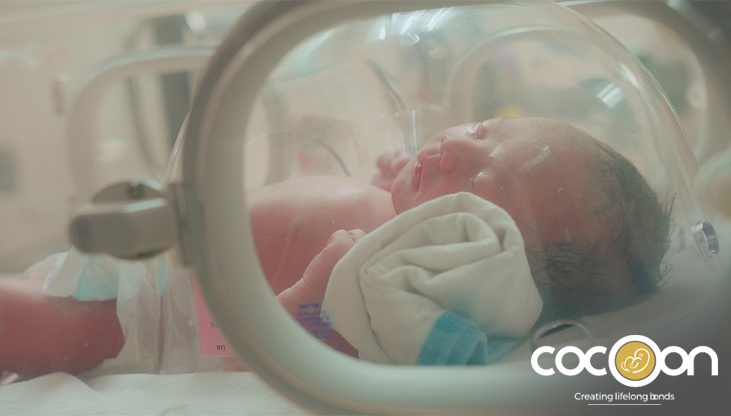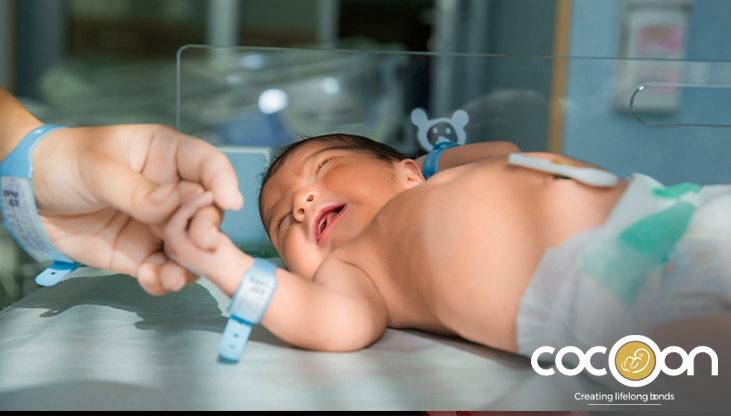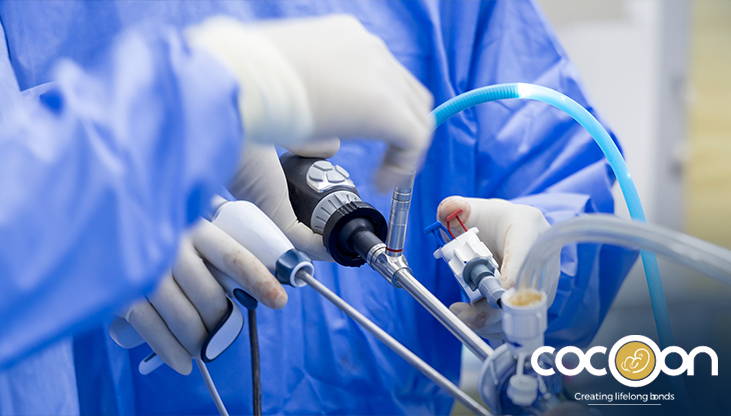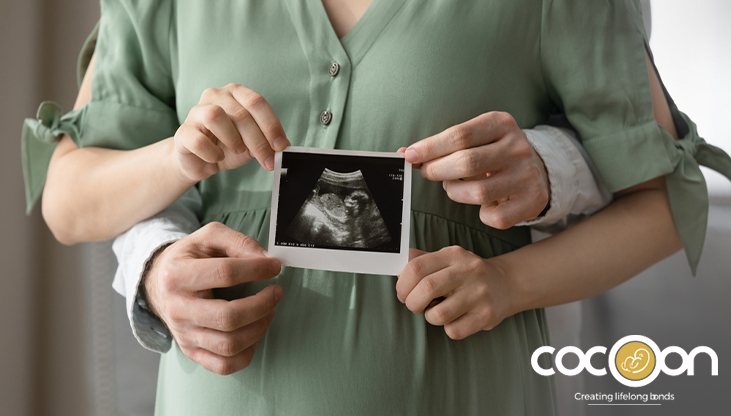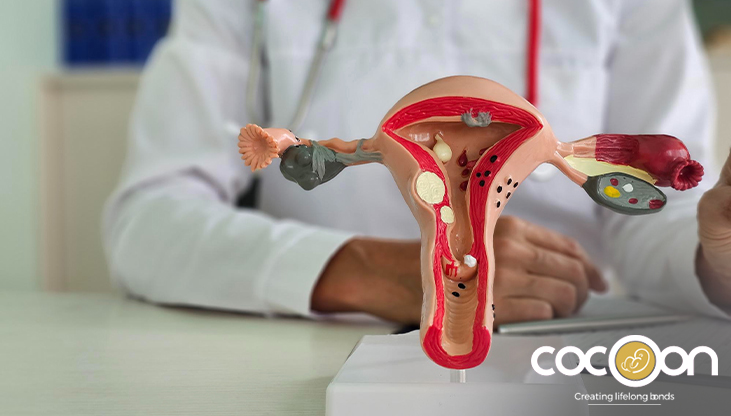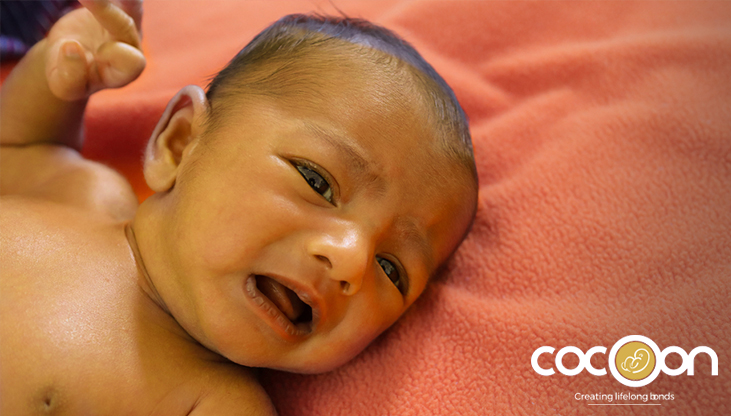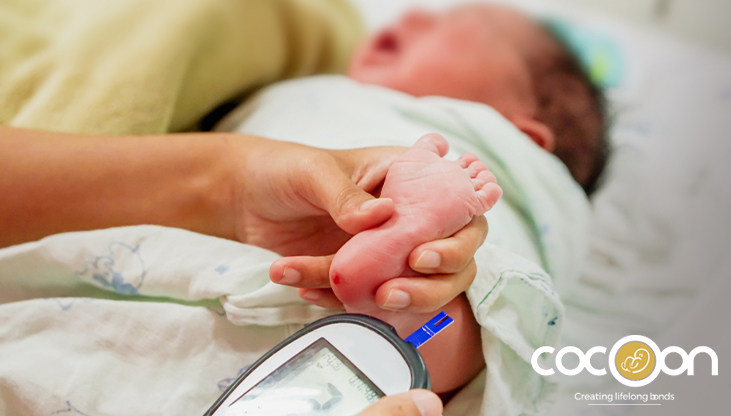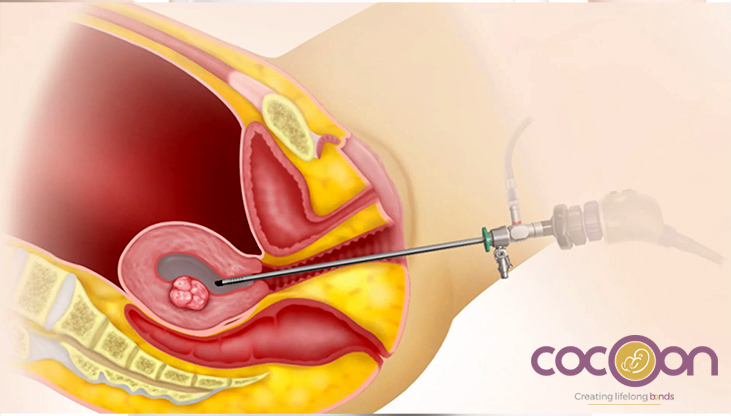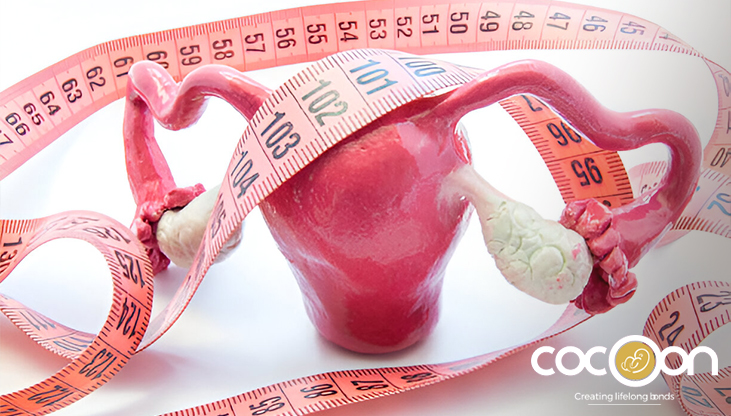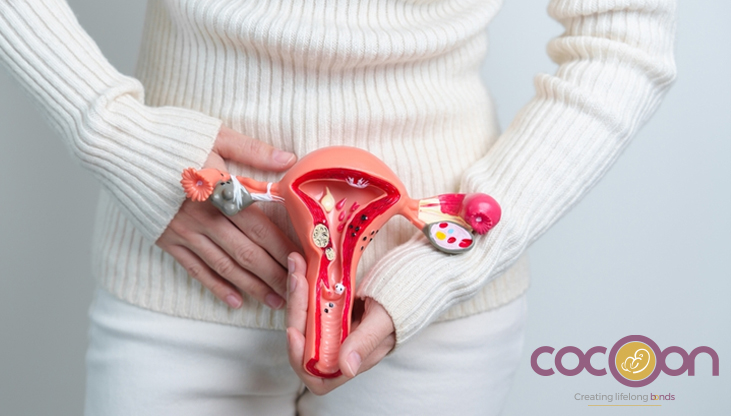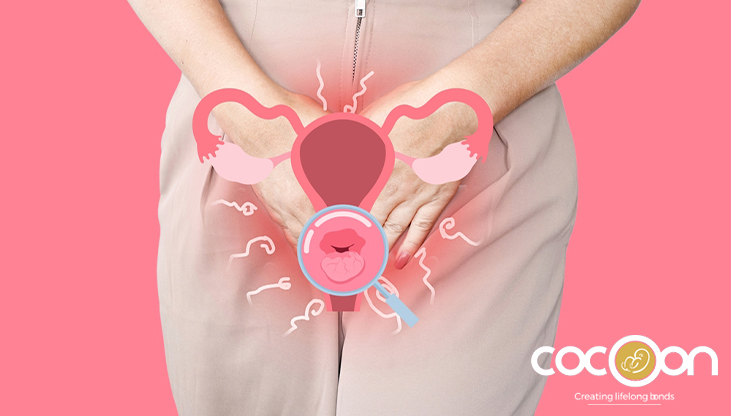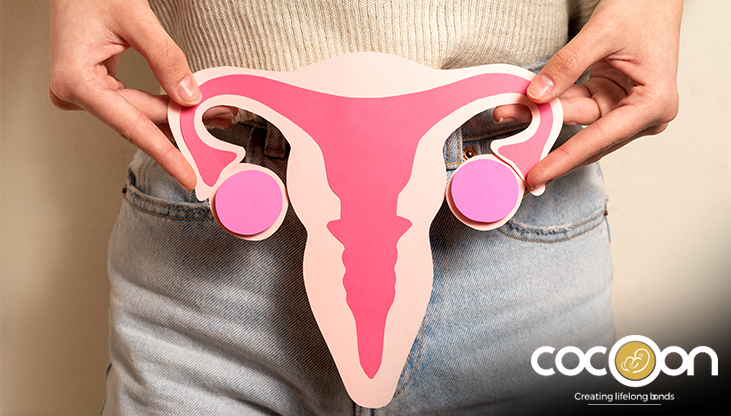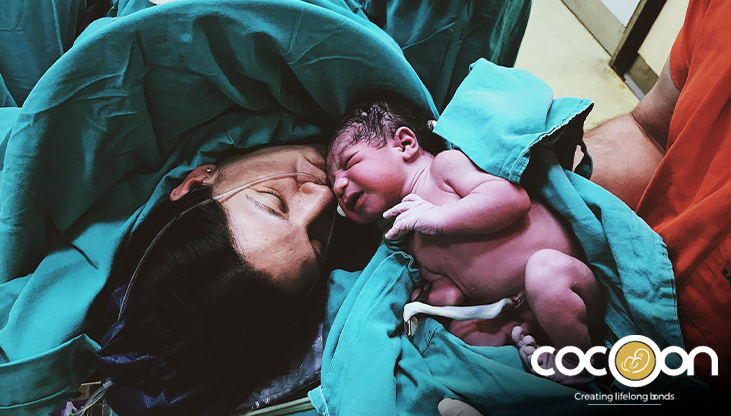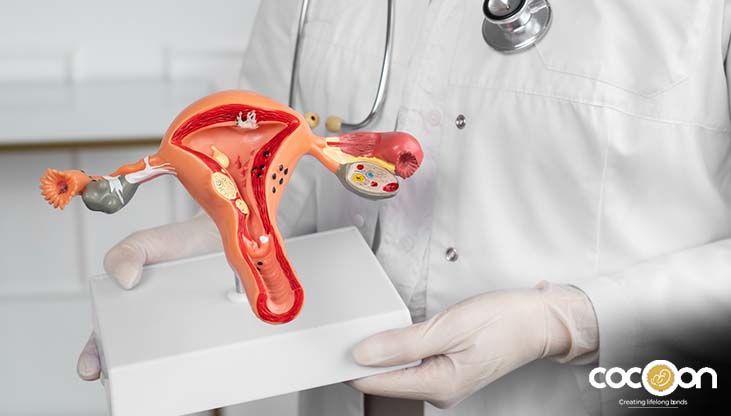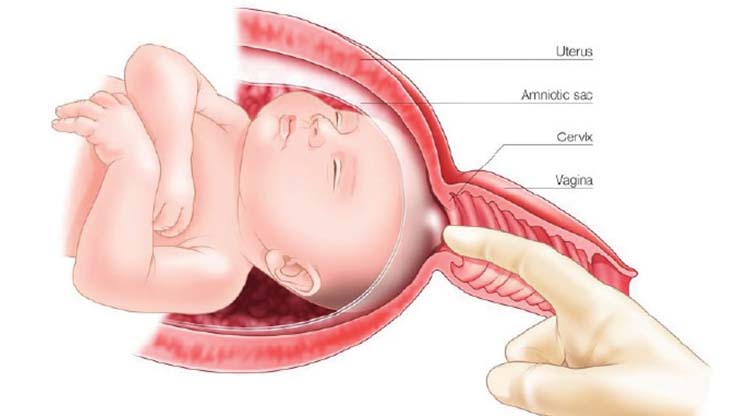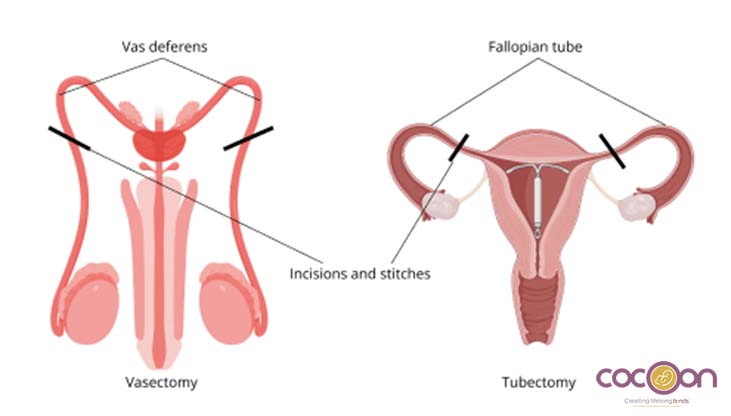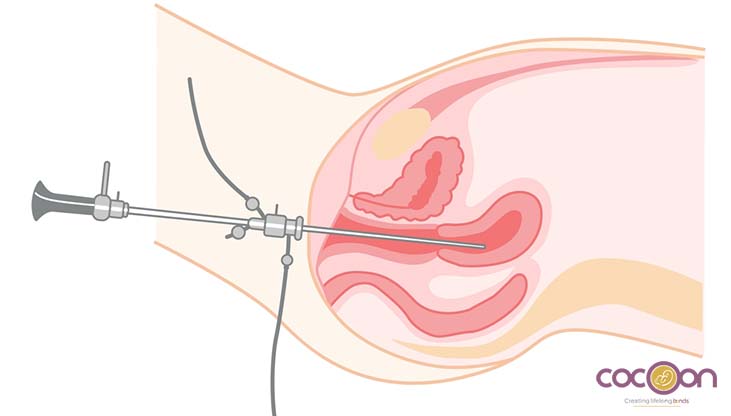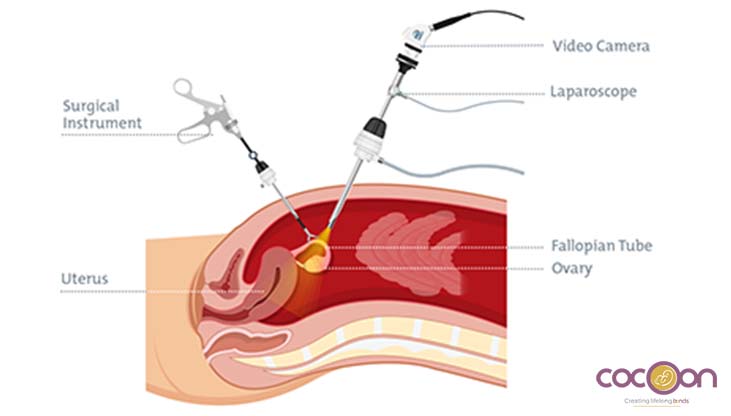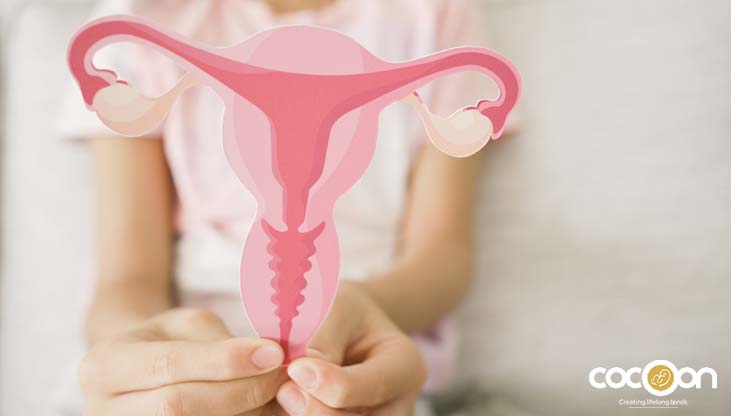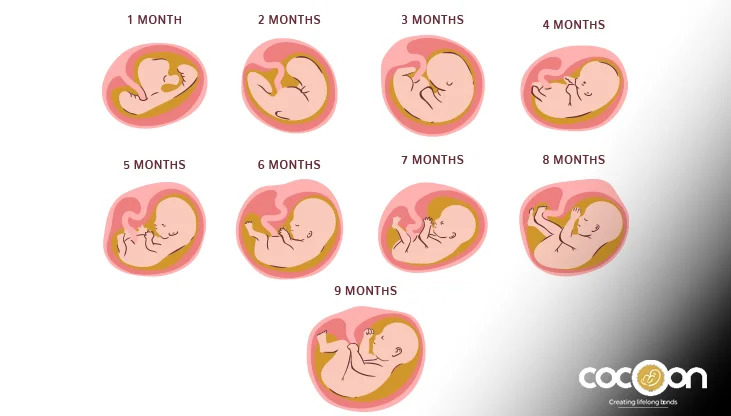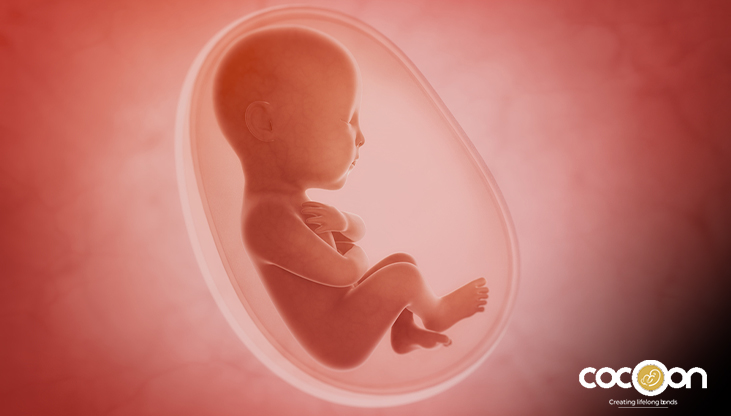Pregnancy is a transformative time for women, marked by significant physiological changes that can influence various aspects of health. One critical factor that can affect both maternal and fetal well-being is thyroid disorders, including hypothyroidism and hyperthyroidism. Well, these disorders are relatively common and can only pose risks during pregnancy if not properly managed. Some of the complications are preterm birth, low birth weight, and developmental issues in the child, but with correct medical guidance, these complications can be treated. Understanding the implications of thyroid dysfunction during pregnancy is essential for optimizing care and ensuring a healthy outcome for both mother and baby.
How is the Thyroid Gland Affected During Pregnancy?
Thyroid abnormalities in pregnancy can be due to underactive or overactive thyroid gland. In both cases, it is detrimental to the health of both the mother and the fetus.
An underactive thyroid causes hypothyroidism. Hypothyroidism causes a reduction in the secretion of thyroid hormones that in turn affects embryo development and ovulation.
On the other hand, an overactive thyroid causes hyperthyroidism. Hyperthyroidism causes excessive secretion of thyroid hormones which results in increased blood pressure as well as higher chances of miscarriage along with premature birth and underdeveloped baby.
Before planning pregnancy or during pregnancy thyroid tests are recommended by doctors.
What Are the Symptoms of Thyroid Disorders During Pregnancy?
The common symptoms of hypothyroidism to watch out for include:
- Fatigue
- Muscle cramps
- Constipation
- Trouble concentrating
The common symptoms of hyperthyroidism include:
- Rapid heartbeat
- Fatigue
- Anxiety
- Excessive sweating
- Unexplained weight loss
What is the Impact of Thyroid Disorders During Pregnancy?
Different thyroid conditions may present different issues when it comes to pregnancy. This includes:
Hypothyroidism
Hypothyroidism can cause miscarriage, stillbirth, preterm labour, and developmental and motor problems in child, if not or left untreated. For healthy pregnancy and to avoid any complications related to hypothyroidism, thyroid tests are recommended.
Hashimoto’s Disease
Hashimoto’s disease is an autoimmune disorder in which the body gradually destroys the thyroid gland. Hashimoto thyroid and pregnancy are also interlinked. Hashimoto is mainly caused by hypothyroidism and affects the same way as underactive thyroid. It, however, also greatly increase the chances of miscarriage, if left untreated.
Hyperthyroidism
An overactive thyroid or hyperthyroidism can cause high blood pressure, congestive heart failure, miscarriage, premature birth, low birth weight, and stillbirth.
But the good part is all the three conditions are easily treated and manageable with proper guiedance and medical help.
What Can You Do?
If you are someone with a family history of autoimmune thyroid disease, or type 1 diabetes then you might be at a higher risk of developing thyroid conditions during pregnancy. In such cases, it is important to seek advice from your gynaecologist for proper diagnosis and treatment.
The thyroid gland is vital for your baby's motor and mental development. Disorders like hypothyroidism or hyperthyroidism can lead to stunted growth, impaired motor skills, and hindered brain development. To prevent these issues, it's important to have comprehensive screenings before and during pregnancy to manage any thyroid symptoms and ensure a safe delivery.


